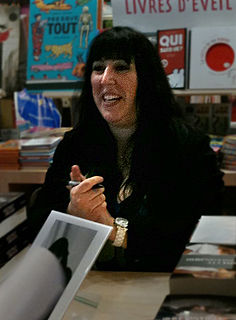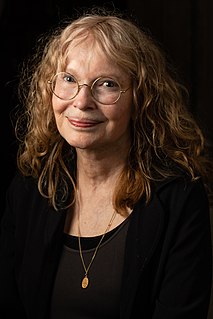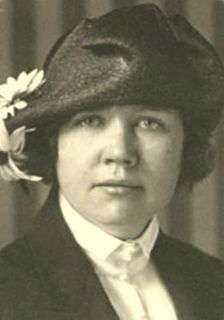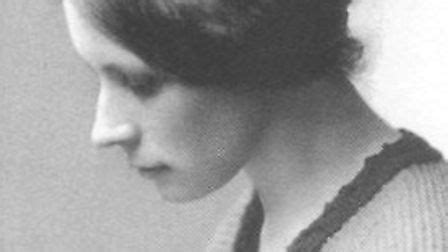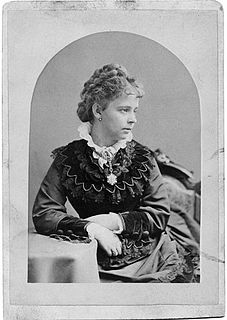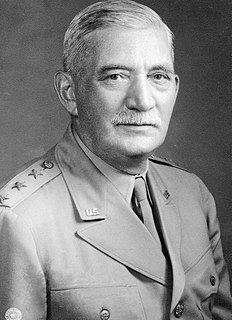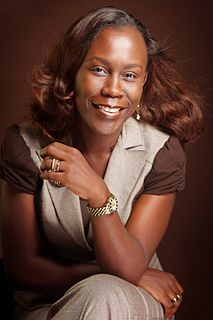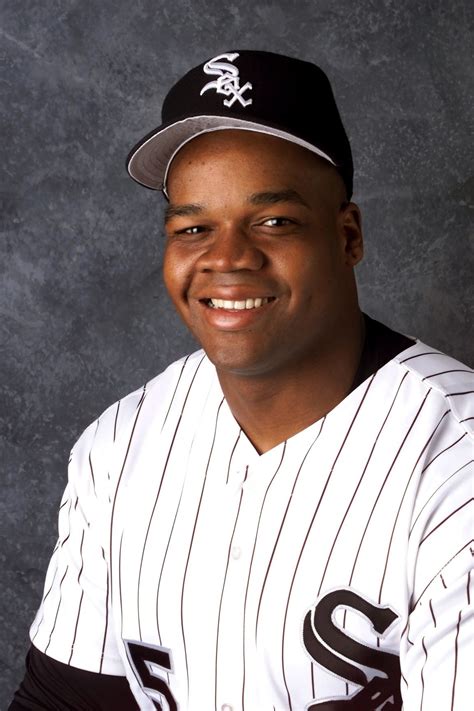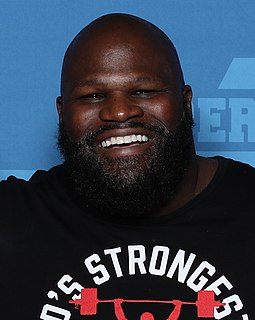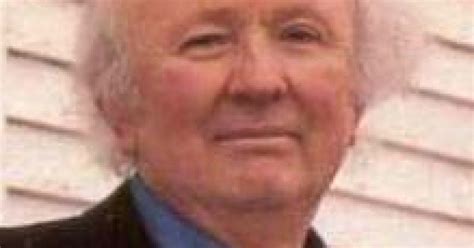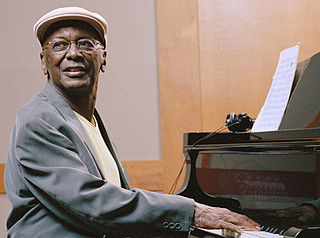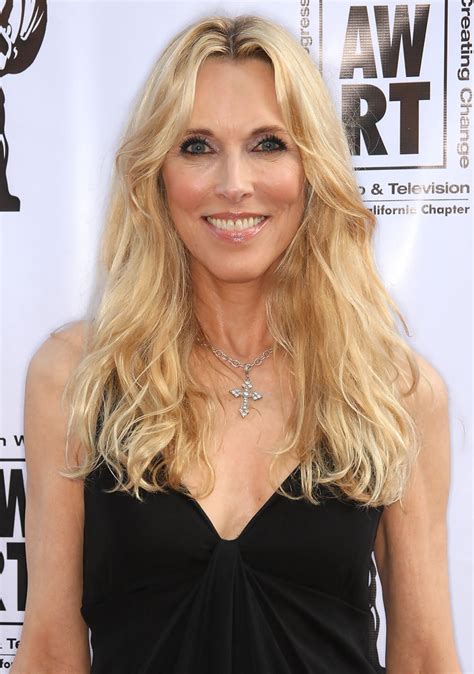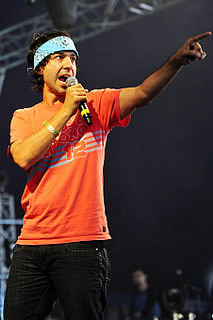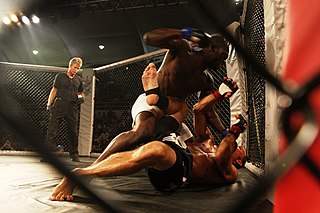Top 1200 Big Houses Quotes & Sayings - Page 3
Explore popular Big Houses quotes.
Last updated on November 8, 2024.
We're in the Chicago suburbs, ruling our 'hood and the streets that lead here. It's a street war, where other suburban gangs fight us for territory. Three blocks away are mansions and million-dollar houses. Right here, in the real world, the street war rages on. The people in the million-dollar houses don't even realize a battle is about to begin less than a half mile from their backyards.
Houses are the abiding joys; they are the most emotion-stirring of all things. An automobile is regarded with fond affection, a typewriter becomes the inseparable companion, clothes can stir sentimentality, and the bit of bric-a-brac is a toy one would weep to see torn away - but houses are real, deep, emotional things. How much excitement in the cutting of a window, what enormous importance in the angle of a roof!
Readers have no doubt noticed how seldom builders live in houses of their own construction. You will find a town or village expanding in all directions with their masterpieces of modernity in the way of houses and bungalows; but the builder himself you will usually find living nearer the heart of things, snugly and comfortably housed in some more substantial, if less convenient, building of less recent date.
They walked still farther and the girl said, "Is it true that long ago firemen put fires out instead of going to start them?" No. Houses have always been fireproof, take my word for it." Strange. I heard once that a long time ago houses used to burn by accident and they needed firemen to stop the flames.
By the year 1670, wooden chimneys and log houses of the Plymouth and Bay colonies were replaced by more sightly houses of two stories, which were frequently built with the second story jutting out a foot or two over the first, and sometimes with the attic story still further extending over the second story.
We came from a neighborhood that was kind of older, so we didn't have that many kids that would go out and play. We moved into a neighborhood that has, like, 50 kids in it. There are 12 houses where we kind of all share a big backyard, and we're all circled in there. If one kid goes out there, they all go out and play.
At least half of every city is wrong. From latitude 30 degrees to latitude 60, say, you've got to have the long axis of the house facing the sun. If the land is cut up into squares, that makes half of all houses wrong if they face the road. Even houses way in the country, and way off the road, face the bloody road. And from there, you just go wronger all the way.
I am really sorry to see my countrymen trouble themselves about politics. If men were wise, the most arbitrary princes could not hurt them. If they are not wise, the freest government is compelled to be a tyranny. Princes appear to me to be fools. Houses of Commons and Houses of Lords appear to me to be fools; they seem to me to be something else besides human life.
To me heaven would be a big bull ring with me holding two barrera seats and a trout stream outside that no one else was allowed to fish in and two lovely houses in the town; one where I would have my wife and children and be monogamous and love them truly and well and the other where I would have my nine beautiful mistresses on nine different floors.
Kansas is not easily impressed. It has seen houses fly and cattle soar. When funnel clouds walk through the wheat, big hail falls behind. As the biggest stones melt, turtles and mice and fish and even men can be seen frozen inside. And Kansas is not surprised. Henry York had seen things in Kansas, things he didn't think belonged in this world. Things that didn't. Kansas hadn't flinched.
In 1949, when I was 2, my family moved from Yonkers, NY, to a development of brick houses in Elmont, a Long Island suburb of New York City. What I remember most about the house was the glider on our porch. I used to sit there evenings close to my father, Victor, as he talked about the moon and the stars. He taught me to dream big.
Imagine a poem written with such enormous three-dimensional words that we had to invent a smaller word to reference each of the big ones; that we had to rewrite the whole thing in shorthand, smashing it into two dimensions, just to talk about it. Or don’t imagine it. Look outside. Human language is our attempt at navigating God’s language; it is us running between the lines of His epic, climbing on the vowels and building houses out of the consonants.
It's no longer possible to simply build English country houses out of words, because they've already been so thoroughly described that all the applicable words have been used up, and one is forced to build them instead out of words recycled and scavenged from other descriptions of other country houses.
Poorpeoplestaying intheir houses aslong astill thevery fire touched them, and then running into boats or clambering from one pair of stair by the waterside to another. And among other things, the poor pigeons I perceive were loath to leave their houses, but hovered about the windows and balconies till they were some of them burned, their wings, and fell down.
Growing up where I grew up, we looked to athletes. They were our first heroes. They came from the same places we came from. I mean, you can't watch TV and see someone who is successful that you can really relate to. That person isn't real; he doesn't exist. But athletes traveled the world, had these big houses and gave their families a better life.
All major publishing houses have these big fat biographies sitting there, waiting for people to die. All you have to do is slap on the end and put in on the market. It's that kind of commoditization and completion of your life before you die - and this kind of imposition of a public idea of self that replaces the actual living self - that I find so frightening.
In the Washington soft money game, big business and big labor are accomplices working together to protect the mushy middle of big government, with plenty of special interest plums: Big unions get big spending and big business gets corporate welfare and special tax breaks - all at the expense of average Americans.
Through an unwieldy combination of big government, big military, big business, big labor and big cities, we have created an unworkable mega-nation which defies central management and control. Not only is the United States too big, but it has also become too authoritarian and too undemocratic, and its states assume too little responsibility for the solution of their own social, economic, and political problems.
People ask for this life, but they don't really understand what comes with it. People just see the outside and that looks good - big houses, cars, girls, but you never see how the person is feeling deep down inside. Me personally, being a man, I'm going to feel better displaying all of this and pouring my heart out on each record.
The oyster was an animal worthy of New Orleans, as mysterious and private and beautiful as the city itself. If one could accept that oysters build their houses out of their lives, one could imagine the same of New Orleans, whose houses were similarly and resolutely shuttered against an outside world that could never be trusted to show proper sensitivity toward the oozing delicacies within.
Most companies aim to get bigger. But beyond a certain point, bigness becomes synonymous with badness. Think of Big Pharma, Big Auto, Big Oil. Worse, if you are regularly described as one of the Big Four, Five, or Six in any business sector, you are probably already in the sights of regulators and lawmakers.
In London - and forget those extra public pressures on politicians - the lovely old Sloane world of manor houses simply hasn't cut it since Big Bang in 1986, the point at which Mrs. Thatcher really started to achieve her ambition to make this country more like America - its ambition, economy, it's very tangible measures of success.
Now there are heavy houses everywhere and more of them are being built. In fact, it is only when more houses are being constructed that some countries consider their economics healthy. Yet each house is a heavy footprint on the Earth. Just as all our possessions represent-if we cannot learn ways of sharing them-a weight and clutter that often means the faces of future generations will look up into darkness and the pressure on the Earth of "things."
Barack Obama is telling the banking industry what it can and can't charge and what profit he will accept and what level of profit he won't accept. Bill Clinton and Jimmy Carter came up with this scheme that resulted in the subprime mortgage crisis. They said it was unfair that poor and minority people didn't have houses, so we're basically gonna give 'em houses. How are we gonna do that? We're going to make the banks loan them money, knowing full well they can't pay it back.
You should not use your fireplace, because scientists now believe that, contrary to popular opinion, fireplaces actually remove heat from houses. Really, that's what scientists believe. In fact many scientists actually use their fireplaces to cool their houses in the summer. If you visit a scientist's house on a sultry August day, you'll find a cheerful fire roaring on the hearth and the scientist sitting nearby, remarking on how cool he is and drinking heavily.
Down in the city are the nice houses and the so-so houses and the lovers making out in dark yards and the babies crying for their moms, and I wonder if, other than Jesus, has this ever happened before. Maybe it happens all the time. Maybe there's angry dead all over, hiding in rooms, covered with blankets, bossing around their scared, embarrassed relatives. Because how would we know?
I couldn't get away with Halloween pranks 'cause my parents owned the health food store. So, it was so easy to bust me. I was the only kid on the block egging houses with those big 'ole brown eggs. Like, you didn't have to be a detective to figure it out. 'Oh, I wonder who Tofuttied my mailbox. Is it the same evil genius who filled my bird bath with Rice Dream?
The monstropolous beast had left his bed. The two hundred miles a hour wind had loosed his chains. He seized hold of his dikes and ran forward until he met the quarters; uprooted them like grass and rushed on after his supposed-to-be conquerors, rolling the dikes, rolling the houses, rolling the people in the houses along with other timbers. The sea was walking the earth with a heavy heel.
Memory and the imagination are almost identical. It's the same place in the brain and the same thing is happening. When you think about your own life, there are no memories without place. You are always situated somewhere. I think the imagination - the narrative imagination at least - situates you in a specific space when you start to think of a story. I often use places I know. I put my characters inside rooms and houses that I'm familiar with - sometimes the houses of my parents or grandparents or previous apartments I've lived in.
I was already doing a lot of splendid research reading all the books about ghosts I could get hold of, and particularly true ghost stories - so much so that it became necessary for me to read a chapter of _Little Women_ every night before I turned out the light - and at the same time I was collecting pictures of houses, particularly odd houses, to see what I could find to make into a suitable haunted house.
There are houses in certain provincial towns whose aspect inspires melancholy, akin to that called forth by sombre cloisters, dreary moorlands, or the desolation of ruins. Within these houses there is, perhaps, the silence of the cloister, the barrenness of moors, the skeleton of ruins; life and movement are so stagnant there that a stranger might think them uninhabited, were it not that he encounters suddenly the pale, cold glance of a motionless person, whose half-monastic face peers beyond the window-casing at the sound of an unaccustomed step.
The myth that theater isn't for everybody is total nonsense. In the 18th and 19th centuries, everybody in America used to go to the theater all the time. The shows they went to see were big, crazy melodramas that had careening storylines and houses burning down and pretty girls in danger and comedy and death and destruction.
Because we would not wear any clothes because it was so hot and the windows open and the swallows flying over the roofs of the houses and when it was dark afterward and you went to the window very small bats hunting over the houses and close down over the trees and we would drink capri and the door locked and it hot and only a sheet and the whole night and we would both love each other all night in the hot night in Milan. That was how it ought to be.
The truth is few people “think” big and even fewer “play” big. Why? Because “big” often means big responsibilitie s, big hassles and big problems. They look at that “bigness” and shrink. They’re smaller than their problems. They back away from challenges. Ironically, they back themselves into the biggest problem of all ... being broke, or close to it.
The death agony of the barricade was about to begin.For, since the preceding evening, the two rows of houses in the Rue de la Chanvrerie had become two walls; ferocious walls, doors closed, windows closed, shutters closed. A house is an escarpment, a door is a refusal, a facade is a wall. This wall hears, sees and will not. It might open and save you. No. This wall is a judge. It gazes at you and condemns you. What dismal things are closed houses.
